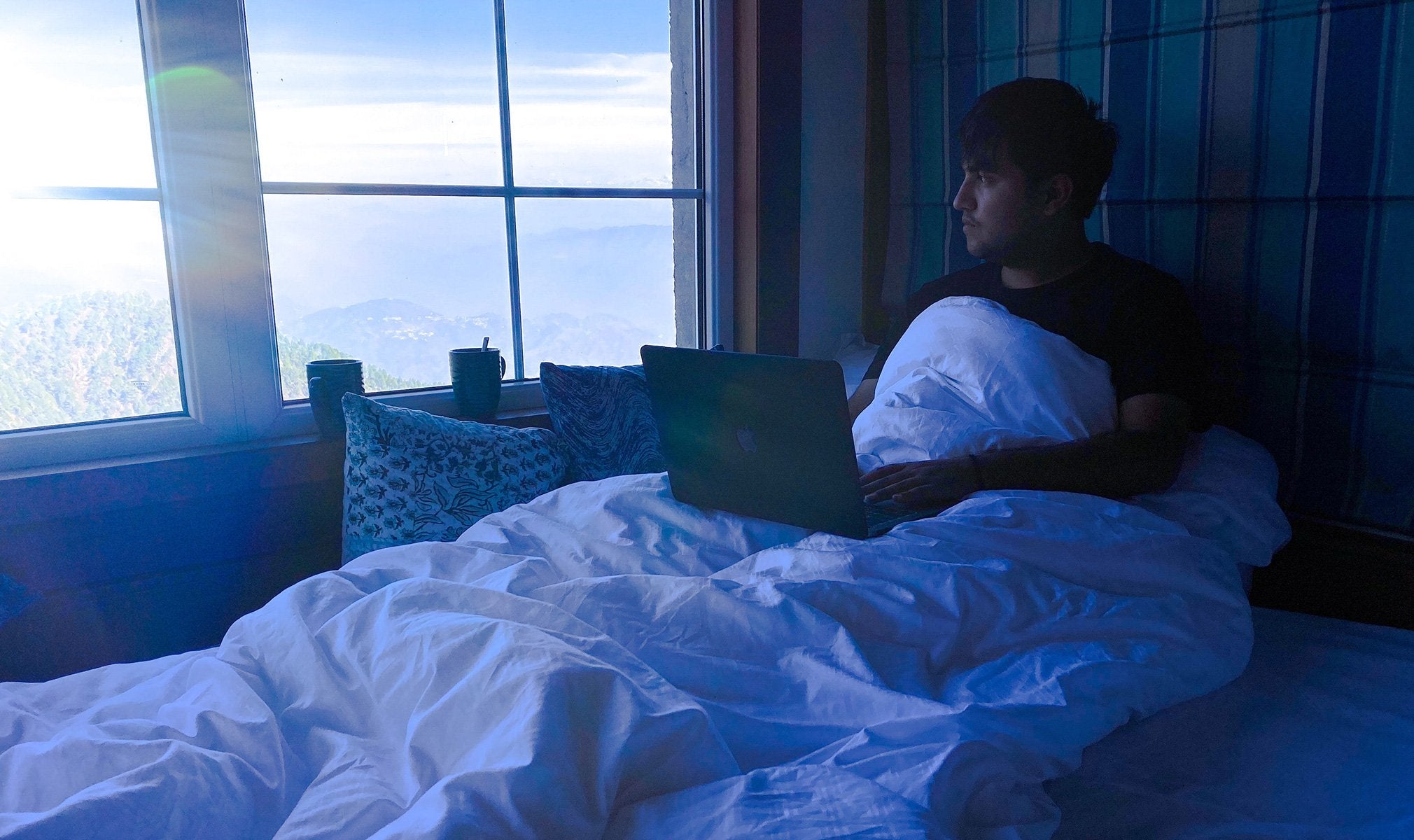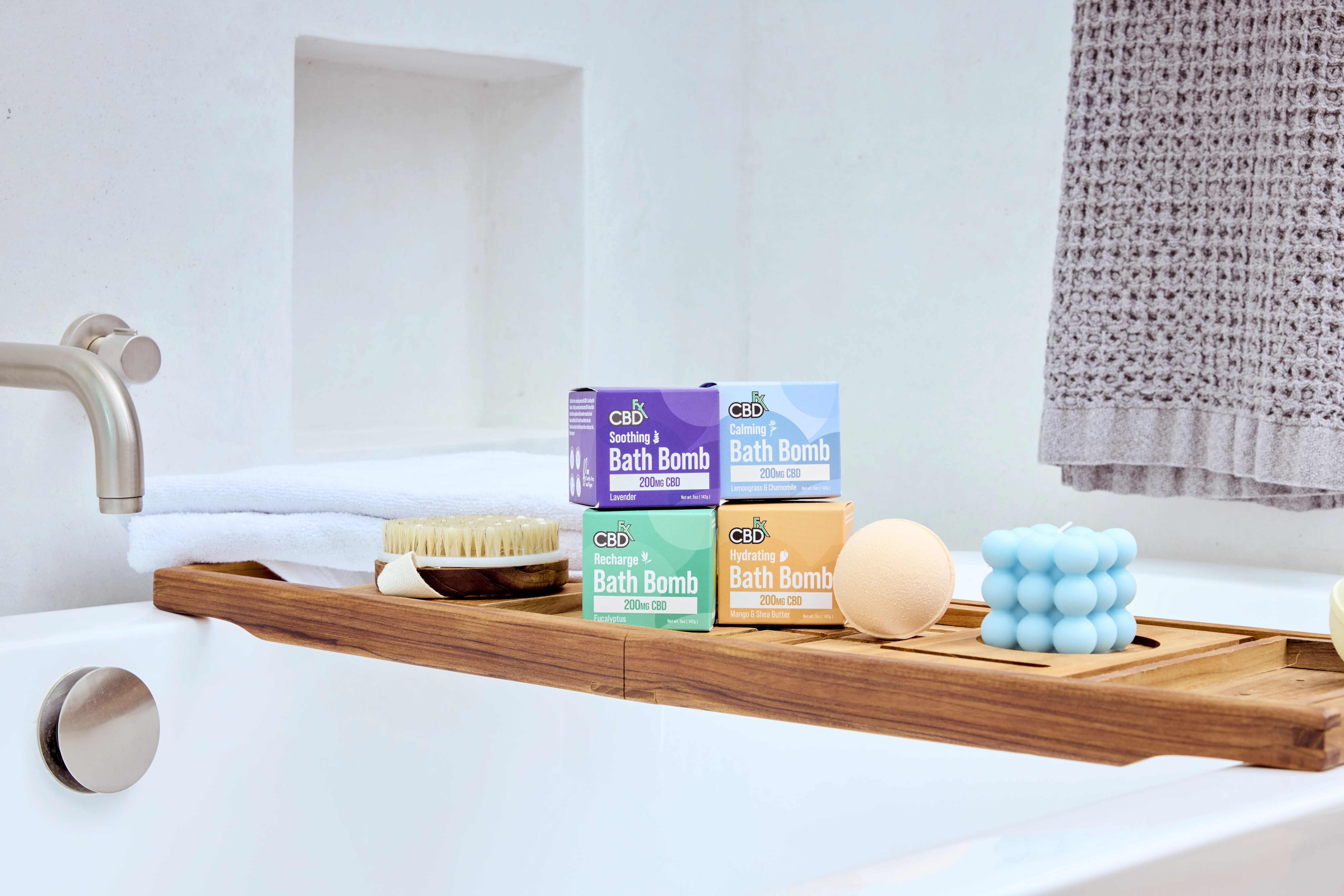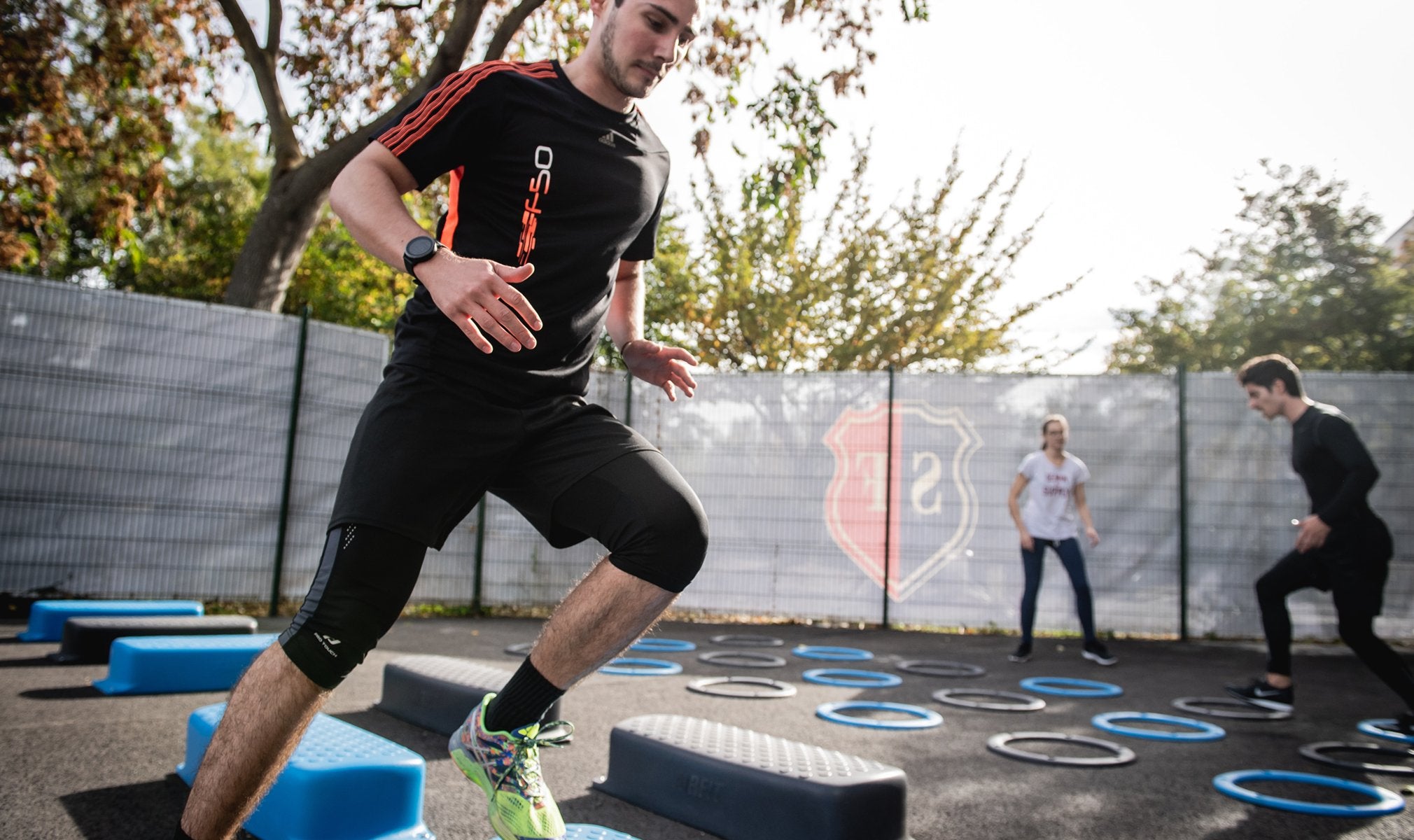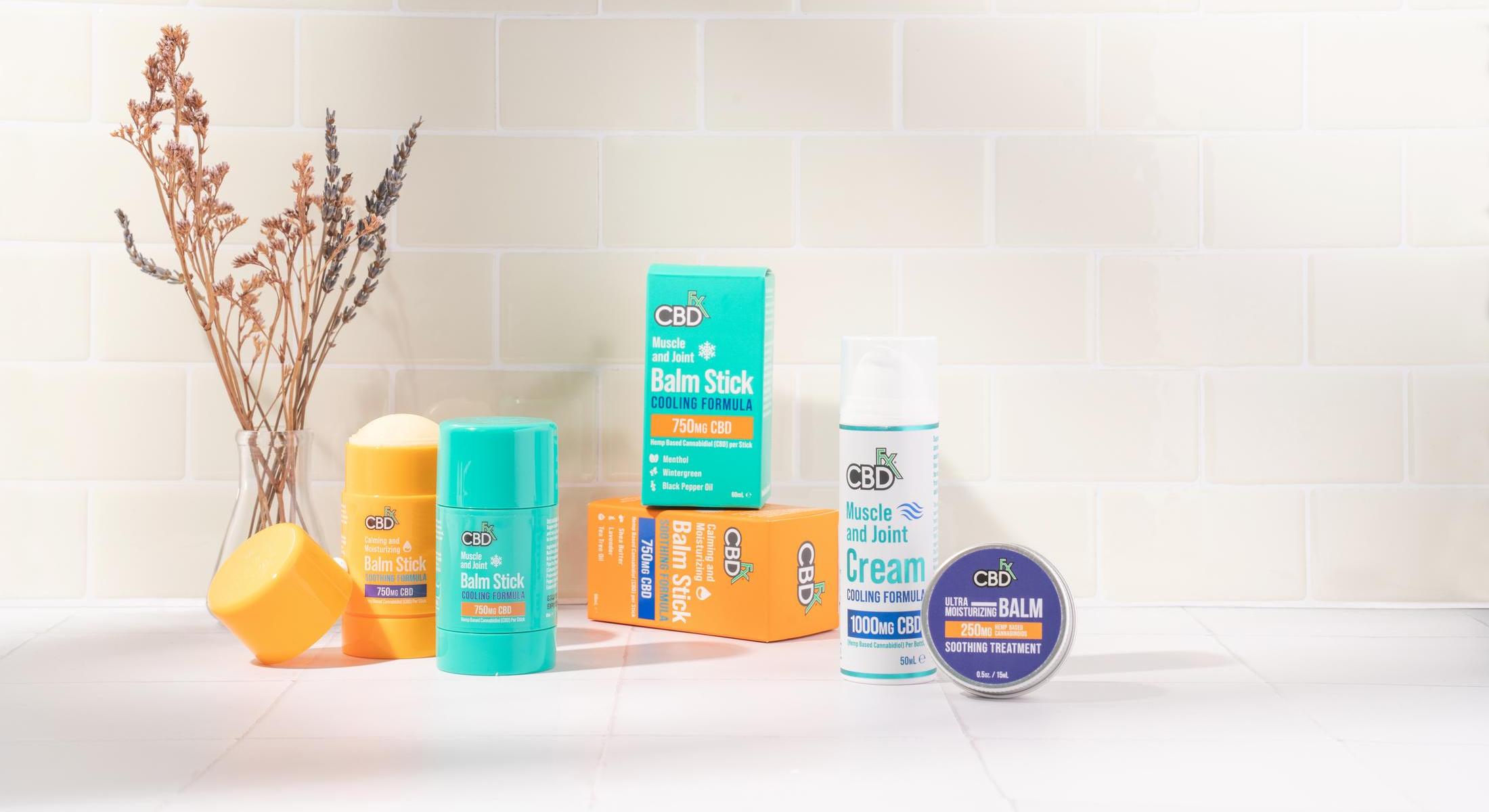These days, it can feel like we’re all running on fumes, trying to get everything done on what is usually too-little sleep. How can we get better rest, feel more refreshed, and be more productive?
A healthy night’s sleep begins with healthy habits. And that’s where many of us drop the ball. We fall into bedtime patterns that erode the quality of our sleep, and often we do things that we think will help us sleep, but in fact do the opposite.
There are certain things that we find helpful in catching valuable zzz’s — chamomile tea, supplements, calming apps and white noise machines. But what are the things we should avoid?
What are some things we do that we may not realize harm the quality of our sleep?
1. Looking at Screens

Now that our alarm clocks are our phones and they charge on our nightstands, it’s typical for us to pick them up when we get in bed for an innocent scroll through social media or the news.
But that screen time is one of the biggest thieves of quality sleep.
Getting on your phone in bed stimulates your brain and keeps it engaged in a decidedly un-relaxing way. You’re more awake, and whether you’re looking at something entertaining or stressful, it’s kicking your mind into all kinds of distracted musings that actually delay restful REM sleep.
Also, the blue light from your screen really wrecks your sleep. It suppresses melatonin, which is the hormone your brain produces to control your sleeping and waking cycle. It throws off your internal clock and your circadian rhythm, meaning your body doesn’t know when it should be asleep or awake.
2. Exercising

Seems counterintuitive, right? After all, wouldn’t a vigorous workout make you nice and tired, ready for a night of deep sleep?
The truth is, exercising or any vigorous activity within an hour and a half of bedtime can actually hurt your sleep. A good workout boosts your endorphin levels and your body temperature, and it will take at least 90 minutes for your body to return to its baseline state.
That said, it’s important to note that exercise, in general, is great for sleep. It can improve your sleep quality, reduce nighttime wakeups, and even help you fall asleep faster.
In fact, those endorphins that may keep you awake too close to bed actually improve your overall sleep by helping you manage stress and anxiety — you just need that time for your brain to wind down.
Scientific trials have shown that people with insomnia should schedule a light-to-moderate workout no later than four hours before conking out.
3. Eating Too Much or Too Little

In the classic A Christmas Carol, by Charles Dickens, the famous Ebenezer Scrooge accuses a ghost of being a nightmare. He says, “You may be an undigested bit of beef, a blot of mustard, a crumb of cheese, a fragment of an underdone potato. There’s more of gravy than of grave about you, whatever you are!”
While we may not face the phantoms of our former business partners, we’re all familiar with the uneasy sleep that can come from stuffing yourself too close to bed. There’s a reason our mothers always told us we’d have nightmares if we ate that ice cream at bedtime.
When you sleep, your digestive system is resting, too. A heavy meal is more than your tummy is ready to wrestle. In addition, fatty foods decrease the time people spend in deep REM sleep.
As for spicy foods, let’s just say if you’ve never woken in the middle of the night with raging heartburn, you don’t want to. When you lie down at night, acid reflux can kick in, making you regret that midnight curry.
At the opposite end of the spectrum, going to bed hungry can also mess up your sleep. When you haven’t eaten, your blood sugar drops and your body produces insulin, which is designed to burn fat. A drop in blood sugar can actually wake you up.
Okay, so you can’t go to bed too full or too hungry. What’s the happy medium? If you’re feeling hungry before bed, a small amount of healthy food is your best bet. In fact, a number of foods like walnuts and tuna can even help you get a better night’s sleep.
4. Working
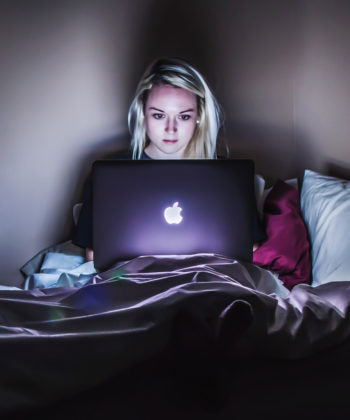
We live in an age where we’re often expected to be constantly available. It’s not unusual for an “emergency” work request to come in right before bed, or for the day’s work to spill over into the evening.
Since many of us work on screens these days, it’s easy to see from No. 1 on our list that blue light is going to be a major disruptor if you’re trying to hammer out a last office task before bed.
But it’s not just the screen that makes working at bedtime a bad idea.
First, experts agree that you shouldn’t work in bed. The bed should be reserved for sleeping and the certain other recreational activities that we typically do there.
Also, work stirs up those busy, stressful thoughts that keep our mind occupied and not only make it harder to get to sleep, but harder to get to and stay in deep REM sleep.
5. Drinking Alcohol
As with exercise and a heavy meal, this may seem counterintuitive. After all, an evening drink chills you out, right?
Sort of.
Alcohol consumption before sleep can also trigger some sleep-wrecking effects. It’s known to suppress REM sleep and induce bad dreams that only get worse as the alcohol works its way out of your system. Also, it can engage your fight-or-flight response, causing you to wake suddenly.
People who suffer from insomnia sometimes turn to a drink to help them get to sleep. But, alcohol’s REM-disrupting effects actually make sleep less restful, leaving you feeling as tired as if you hadn’t slept.
Plus, alcohol can increase the risk of sleep apnea, or temporary loss of breath during sleep, by 25%.
Okay, So I Can’t Do Anything Fun?
The truth is, there are plenty of fun, restful things you can do to help get a good night’s sleep and also to get yourself up and moving in the morning.
Reading a good book, keeping your bedroom dark and cool, practicing mindfulness, and aromatherapy are just a few tips to getting a good night’s rest.
Nighttime supplements like chamomile are also helpful, and combining them with the soothing effects of CBD can make for a powerful sleep-boosting combination.
When you sleep well, you live well. Your rested mind and body make it easier to get your work done, to concentrate on your time with loved ones, and to be present for your life.
Try adding some of our relaxing nighttime supplements to your bedtime routine.
